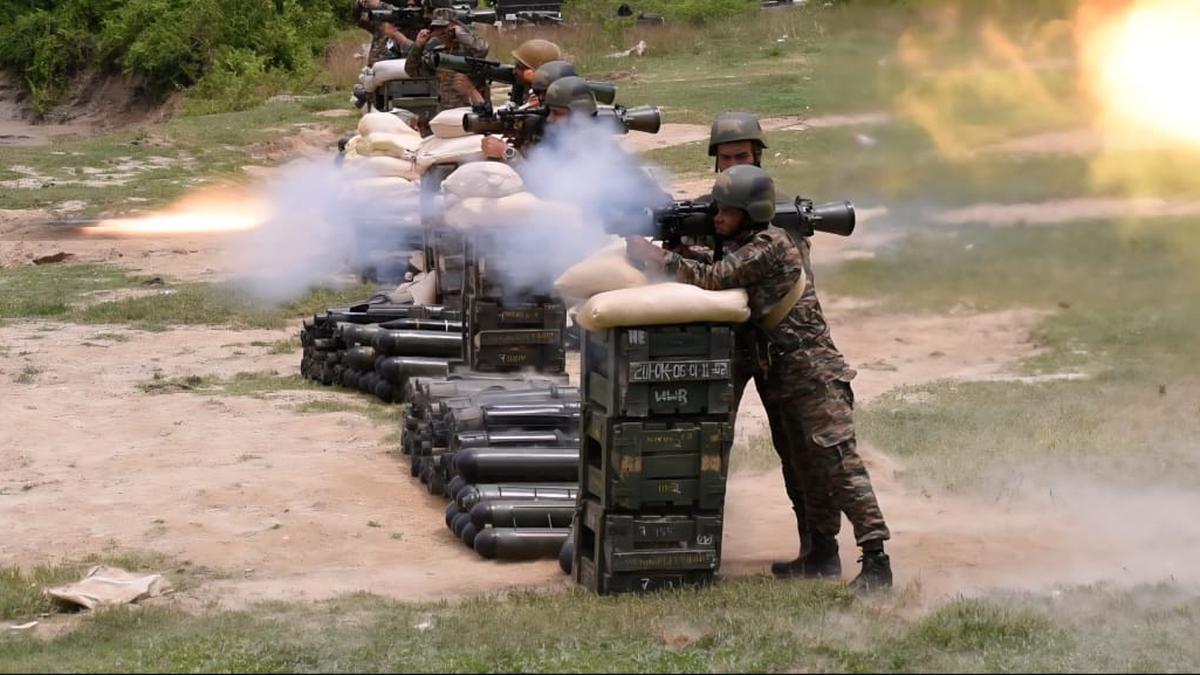The “undeclared emergency” imposed by the Narendra Modi-led BJP government is more dangerous than the declared Emergency of 1975 under then Prime Minister late Indira Gandhi, State secretary of the Communist Party of India (Marxist) K. Prakash has said.
He was delivering a special lecture on “Emergency – Then and Now” at the CPI(M) office in Kalaburagi on Friday.
“The Emergency of 1975 was declared under Constitutional provisions. It had limitations in terms of scope and duration. But the present ‘emergency’ imposed by the BJP government is undeclared, unConstitutional and designed to be permanent. Fundamental rights are being curtailed. Institutions such as the Election Commission have been reduced to puppets of the ruling dispensation,” he said.
“Draconian legislation like TADA and UAPA, enacted in the post-Emergency years, continue to suppress democratic voices. Newer laws are being brought in to favour corporates and legitimise corrupt practices like loan waivers for big companies. This undeclared ‘emergency’ is unConstitutional and far more dangerous than the one that was imposed in 1975,” Mr. Prakash said.
Recalling the circumstances that led to the Emergency of 1975, he said that growing anti-Congress sentiments fuelled by the Jayaprakash Narayan-led movement and the Allahabad High Court verdict invalidating Ms. Gandhi’s election had pushed her into a corner. “To deal with the crisis, she suspended Constitutionally guaranteed democratic rights and imposed the Emergency,” he noted.
Mr. Prakash underlined the role of the Left during that period and pointed out that while the CPI(M) was in the forefront of the anti-Emergency movement, the Communist Party of India (CPI) backed Indira Gandhi.
“The CPI believed Ms. Gandhi was fighting the RSS-led right-wing forces and therefore, supported the Emergency. Although they later opposed arrests of progressive activists, they remained silent on the incarceration of CPI(M) leaders and cadres. Only after the Emergency ended did the CPI admit its support was a mistake,” he remarked.
Turning to electoral reforms, the CPI(M) leader said that India’s present first-past-the-post system is “less democratic” compared to proportional representation.
“In the existing system, even a party with less than 25% of votes can secure power. A proportional representation system ensures that seats are distributed according to votes polled thereby, giving weight to every single vote. It is a higher form of democracy,” he claimed.
In his introductory address, scholar and writer R.K. Hudgi said that Emergency was imposed by Ms. Gandhi to retain power after her election was set aside by the High Court. He described Jayaprakash Narayan as an intellectual lacking ideological consistency arguing that his association with both Socialist and RSS-backed forces created contradictions.
“The JP movement posed a major threat to Ms. Gandhi and the Emergency became her tool to counter it,” he observed.
CPI(M) district secretary K. Neela, activist Prabhu Khanapure and others were present.



.png)
.png)
.png)
















 1 week ago
8
1 week ago
8










 English (US) ·
English (US) ·